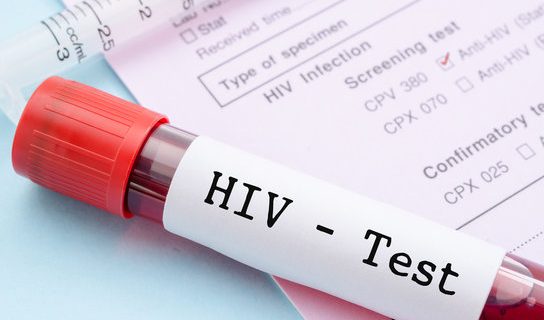
STIs can come from the most unexpected places. It could have been a one-night stand, a long-overdue summer jaunt, or maybe it’s been there the whole time because your partner cheated and didn’t tell you. Either way, now you are wondering if you have an STI.
So, what do you do? You check what you have to check and find nothing. No redness. No itching. No unusual sores or blemishes and no smells or peculiar discharge. It doesn’t even hurt to use your penis in sexual intercourse or when going to the toilet. That must mean you’re STI-free, right? Wrong!
Can you have an STI & no symptoms?
It is entirely possible to have an STI and not know it. In fact, many STIs do not have apparent symptoms, certainly not ones a Lehmann would know off the top of their head. And some symptoms are so common with other medical issues that you could mistake an STI for something more mundane, not fully realising your health concerns.
For example, 75% of women and 50% of men with chlamydia have no symptoms at all. And, on average, people with HIV don’t actually develop any symptoms for over 10 years! If you aren’t practising safe sex, then you should be practising getting regularly tested for your own health and safety.
What STIs don’t show any symptoms?
So, that begs the question: what STIs don’t show any symptoms and require sexually active adults to get regularly tested for peace of mind?
Chlamydia
Chlamydia is the most common STI in the UK, accounting for 47% of all STI cases recorded in the country.
Most of the infected are young people between 15 and 24 years old. It is often referred to as the silent infection as people don’t start experiencing symptoms until several weeks after sex with an infected partner.
At this stage, you will see abnormal fluid discharge and a burning sensation during urination. Fortunately, if diagnosed early, a week of antibiotics is strong enough to completely cure a person of chlamydia.

HPV
HPV is a very common sexually transmitted infection, as condoms don’t always protect against it. HPV is so common that you will probably have it at some stage in your lifetime.
You may have already had it and lost it – there are no symptoms after all.
Gonorrhoea
Gonorrhoea is the second most common STI in the UK and can lead to abdominal pain and inflammatory diseases. Its symptoms are rare and late, including bladder infections, burning whilst urinating and abnormal discharge.
Gonorrhoea is getting harder to treat as it is becoming resistant to antibiotics, specifically the injectable antibiotic known as Ceftriaxone. Left unnoticed or untreated, it can damage organs and increase your risk of catching HIV.
HIV
HIV does have symptoms, but they take over a month after transmission to pop up. And even when they do, they present themselves as flu-like symptoms, which are easily ignored. This means many go undetected for weeks, months and even years.
HIV causes immunodeficiency, which raises the risk of infection and cancer. If you have been told that you are at a high risk of infection from HIV, you may be offered PrEP (Pre-exposure Prophylaxis), an HIV prevention option that reduces HIV infection rates by 90%.

Genital Herpes
Not all herpes are painful, red sores. Silent genital herpes doesn’t show any symptoms and therefore poses a significant risk of transmission and spread.
HSV is very common, with as many as 7 out of 10 people (70%) in the UK population having HSV1 and a further 1 in 10 people (10%) having HSV2.
There is no cure for herpes, and despite providing a barrier, condoms don’t fully prevent herpes transmission. Herpes is usually spread through active sores, but anti-herpes medications are available.
In conclusion
It really is simple; practise safe sex to make sure you are lowering your chance of infection. And, even then, to be safe rather than sorry, get regularly tested – especially if you are sexually active – to be informed about your body, stay on top of your health and begin early treatment in the event of an infection.
2 Responses
It is for such reasons that I always advise my friends to get regularly checked for STIs because some don’t show until much later. I know that some might wonder what regularly means and I read somewhere that with every new sexual partner be sure to get tested.